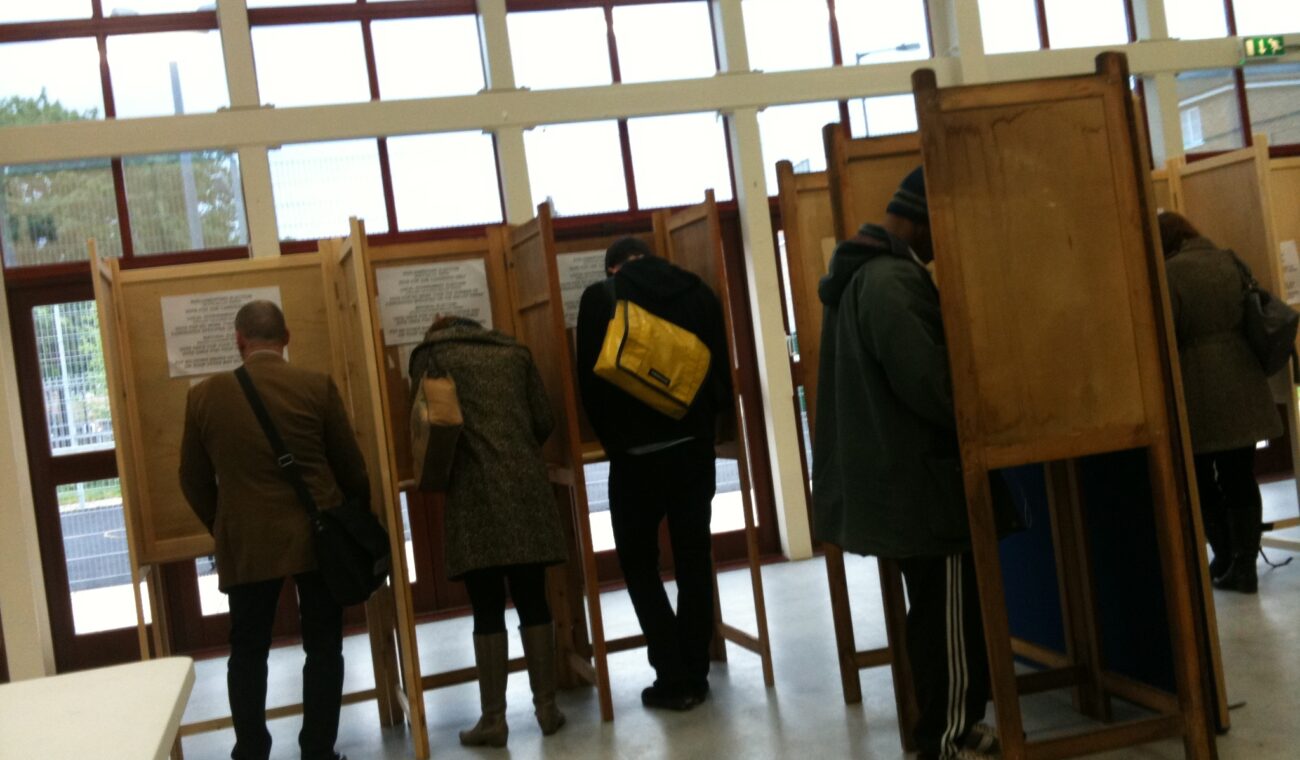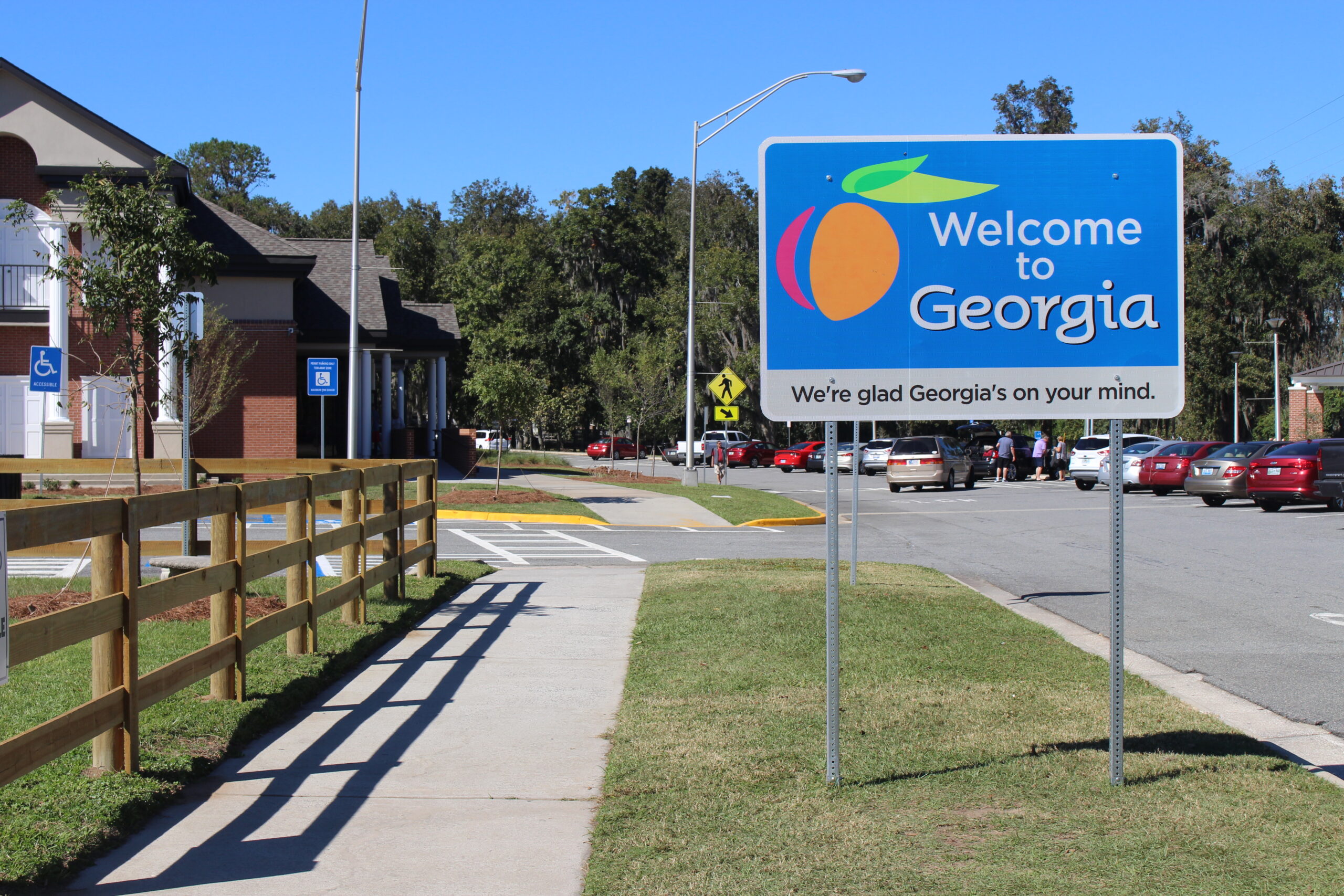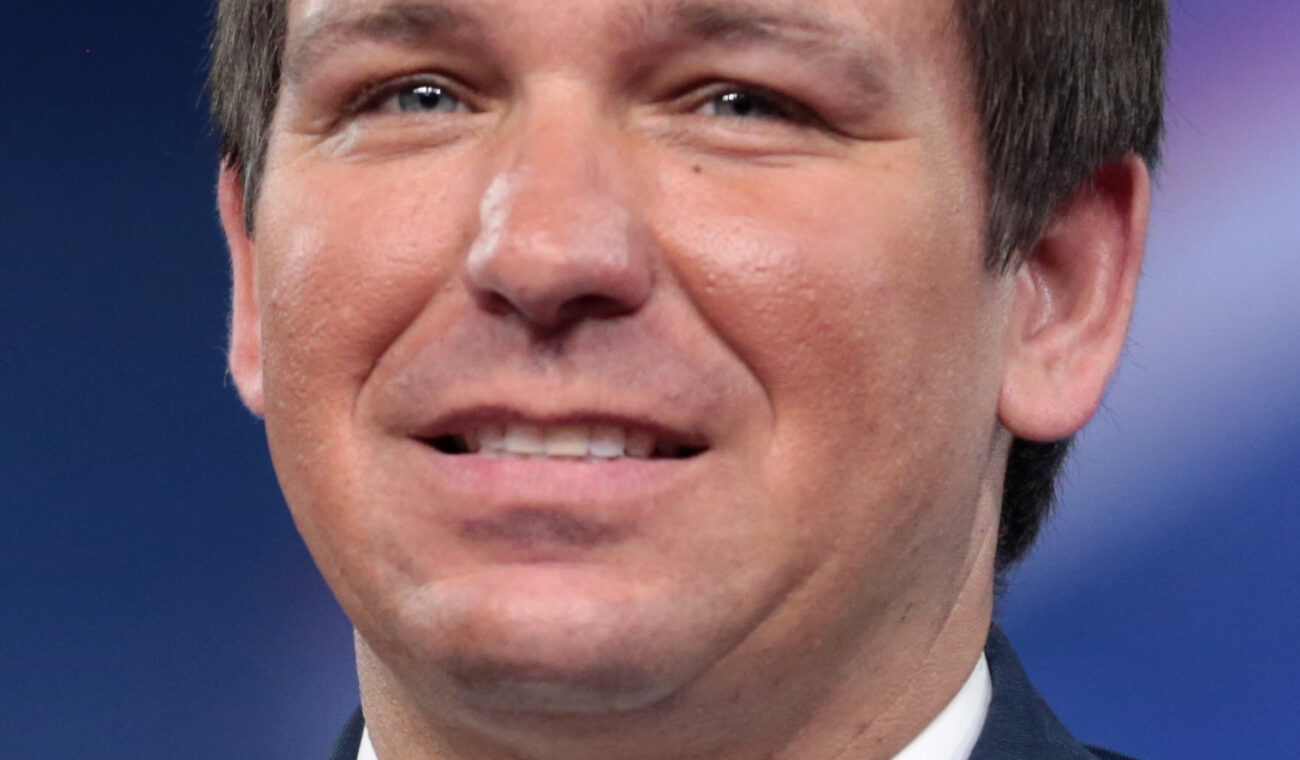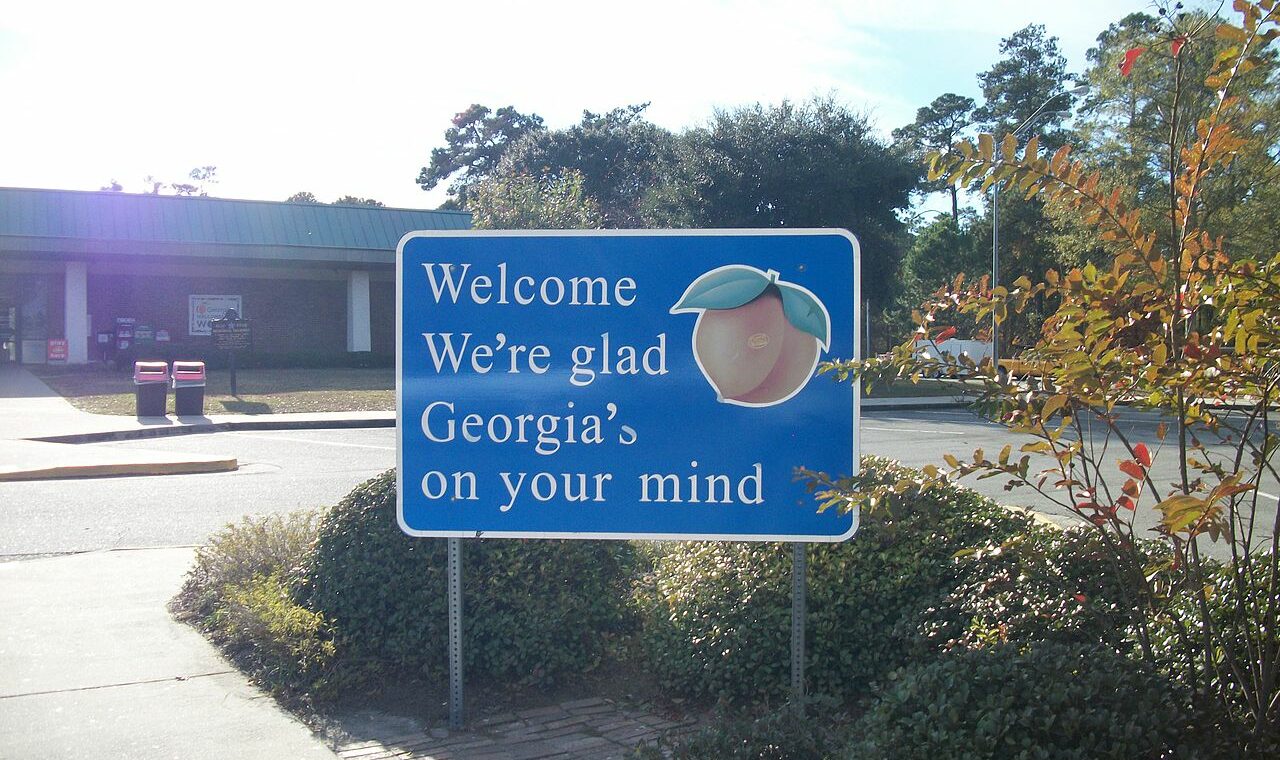‘Ripe for political violence’: US election officials are quitting at an alarming rate
Over the last four years, over 40 of North Carolina’s 100 counties have had to replace their election directors due to retirements, resignations, and other career moves. A spokesperson for the state Board of Elections claims that number is significantly higher than North Carolina has ever seen before. This trend is not isolated in North Carolina, a Boston Globe analysis of data from the US Vote Foundation found that turnover of election officials spiked after the 2020 presidential election in battleground states like Arizona,
Ten years of a crippled Voting Rights Act: how states make it harder to vote
In 2013, the United States Supreme Court ended the pre-clearance requirement in a landmark case called Shelby county v Holder. Under pre-clearance, states with a history of suppressing voters were required to submit any voting changes for approval from the federal government before enacting them, but, after the Supreme Court’s 5-4 decision in Shelby county v Holder, they no longer have to. Over the past 10 years, Helen Butler and a coalition of activists have taken on the task of monitoring local election boards
He voted in Florida for the first time in 2020. Then came the criminal charges
John Boyd Rivers, a mason who once laid the bricks of the very courthouse in which he now stood trial, was recently found guilty of voter fraud after voting for the first time in the 2020 presidential election. Rivers registered to vote as a Republican while serving a prison sentence, received his voter registration card in the mail after he was released, cast his ballot that fall, but was then prosecuted by a new election security task force created by Florida Governor Ron Desantis.
Swipe, like, vote: the organizers using dating apps to boost turnout
Krisiti Johnson, the national press secretary for NextGen, an organization working to increase youth voter turnout, has begun using a new method to contact potential voters: online dating apps. Earlier this year, Johnson created a Hinge profile with prompts like “the key to my heart is being pro-choice” and “together we could vote on April 4th and get drinks after.” The goal behind Johnson's efforts was to match with men on dating apps, and when they messaged her she would ensure that they were
Early Voters in Georgia Face Obstacles Under State’s New Election Law
An increasing number of early voters in the Georgia midterm election have faced challenges during the early voting period due to the state's new election law. Following the passage of the Election Integrity Act, Georgia citizens can challenge a voter’s eligibility on the state’s voting rolls an unlimited number of times. While many of these challenges have been dismissed, most voters do not know why their eligibility to cast a ballot has been challenged, leading to a sense of confusion across the electorate. After





